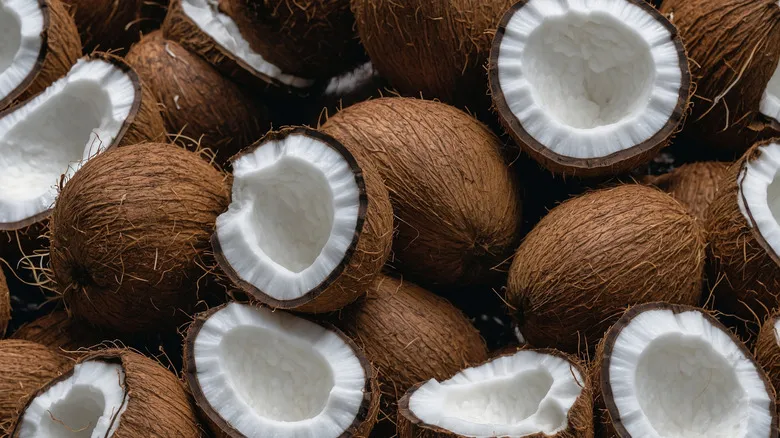Marinating does more than add flavor

The importance of marinade times lies in the fact that marinades do more than just enhance flavor. Ingredients like salt and acids—such as lemon juice or vinegar—help to break down the connective tissues and muscle fibers in meat. This is particularly beneficial for tougher cuts of steak and stew meats, but it applies to all types of protein. However, the issue arises when meat is left to marinate for too long.
"Over-marinating can lead to the meat becoming mushy and excessively tender due to the ongoing breakdown of muscle fibers," explains food scientist Kantha Shelke. This effect is especially pronounced with more delicate proteins. A timing error can spoil your chicken breast and even make salmon overly soft. Chicken can be marinated for as little as 30 minutes, but a few hours is optimal. The U.S. Department of Agriculture advises against marinating chicken for more than two days and emphasizes that marinating should occur in the refrigerator, not at room temperature. Additionally, any marinade that has come into contact with raw meat should be boiled if you plan to use it for basting.
For seafood, marinating for more than 30 minutes is generally unnecessary. Heartier cuts like pork chops and steaks can benefit from marinating overnight and can typically be left for a day or two. Moreover, the quantity of salt or acid used can influence marinade times; for instance, yogurt tenderizes meat more gradually than lemon juice. If you're unsure about marinating duration, Shelke recommends adhering to the guidelines provided in recipes.
Recommended

Give Boxed Mac And Cheese A Major Flavor Boost With One Classic Ingredient

The Rubber Band Hack Prue Leith Swears By For The Perfect Vinaigrette

The Extra Ingredient Alton Brown Swears By For Delicious Scrambled Eggs

Don't Be Fooled. Cream Of Coconut And Coconut Cream Are Not The Same
Next up

